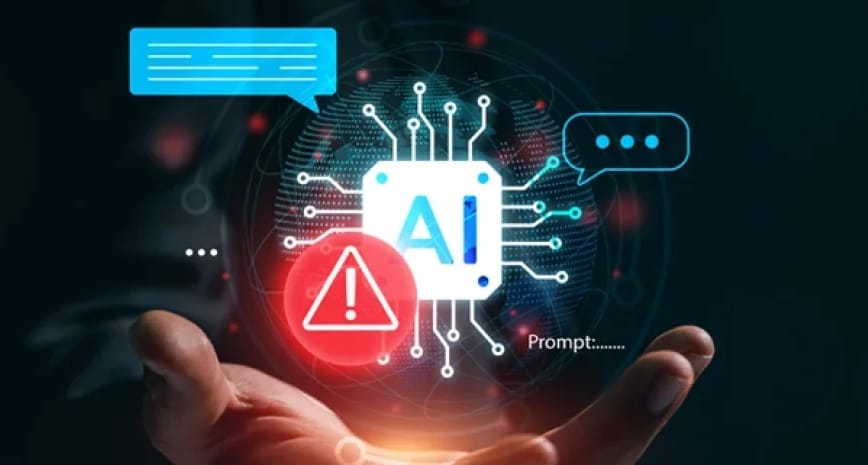The Security Risks of ChatGPT Agents: What You Should Know Before Deploying

As ChatGPT Agents roll out across businesses, developers and security professionals are raising red flags. Here’s what you need to know.
What Are ChatGPT Agents?
ChatGPT Agents are autonomous AI tools powered by OpenAI’s GPT-4 or GPT-5 infrastructure. These agents can perform multi-step tasks, interact with external APIs, execute logic based on context, and operate independently of direct user input. Think of them as AI employees that never sleep.
Sounds promising? Sure. But from a cybersecurity standpoint, it opens a new attack surface that’s vastly under-explored.
Why Security Experts Are Concerned
1. Too Much Power Without Enough Oversight
Giving an AI agent access to APIs, user data, or internal systems without real-time human control is risky. Misconfigured agents could:
- Leak sensitive information
- Perform unintended API calls
- Loop into destructive automations (think: billing, permissions, or content publishing)
Unlike typical scripts, ChatGPT agents dynamically adapt—which means their behavior can vary based on prompts, context, or even adversarial input.
2. Prompt Injection is Still a Threat
Prompt injection remains one of the most dangerous and unsolved threats in AI security.
- Malicious users can craft inputs that manipulate the agent’s logic.
- If the agent fetches web content or handles user input, attackers could hijack the workflow or force the agent to bypass intended constraints.
Even OpenAI acknowledges prompt injection is a hard problem that’s far from solved.
3. Third-Party API Abuse
Agents often rely on external services—Slack, Google Drive, Stripe, internal CRMs. If not properly sandboxed:
- The agent could expose tokens or API keys
- A compromised agent could perform unauthorized actions on external services
- Business logic might be vulnerable to command chaining
When agents can “take action” across tools, their blast radius multiplies.
What About Logging and Auditing?
ChatGPT Agents currently lack comprehensive audit trails. Many businesses are asking:
- Who monitors the actions the agent takes?
- Can you roll back a destructive sequence?
- What if the agent violates compliance standards?
Without real-time monitoring, security teams are flying blind.
A Realistic Look at Privacy
Privacy advocates are concerned that ChatGPT agents:
- Could access sensitive personal data
- Might store or process data in regions outside compliance zones (e.g., GDPR issues)
- Lack transparency in how data is retained during long sessions or chained tasks
Even with OpenAI’s enterprise-grade assurances, data locality and transparency remain vague.
What You Can Do Today
If you're considering deploying ChatGPT agents:
- Start with minimal permissions
Give agents read-only access where possible. - Isolate tasks in safe environments
Use proxy layers or sandboxed APIs. - Enforce strict input validation
Sanitize everything an agent processes or interacts with. - Audit agent behavior
Log all actions, limit memory windows, and monitor for anomalies. - Wait for better guardrails
If you're in a regulated industry (finance, healthcare, legal), you may want to wait for stronger policy controls and tooling.
Final Thoughts
ChatGPT Agents are powerful and promising, but they are not ready to operate without caution.
Before you integrate them into critical workflows, make sure your security architecture is prepared for:
- Dynamic behavior
- Emerging threats (like prompt injection)
- The unknown unknowns of autonomous systems
Resources
🚨 Be careful with the new ChatGPT Agent! Read the Security Risks First!https://t.co/VUUr0QW8MJ #chatgptagent #gpt5 #gpt_5 #chatgpt #aiagents
— Scalevise (@scalevise) July 18, 2025
